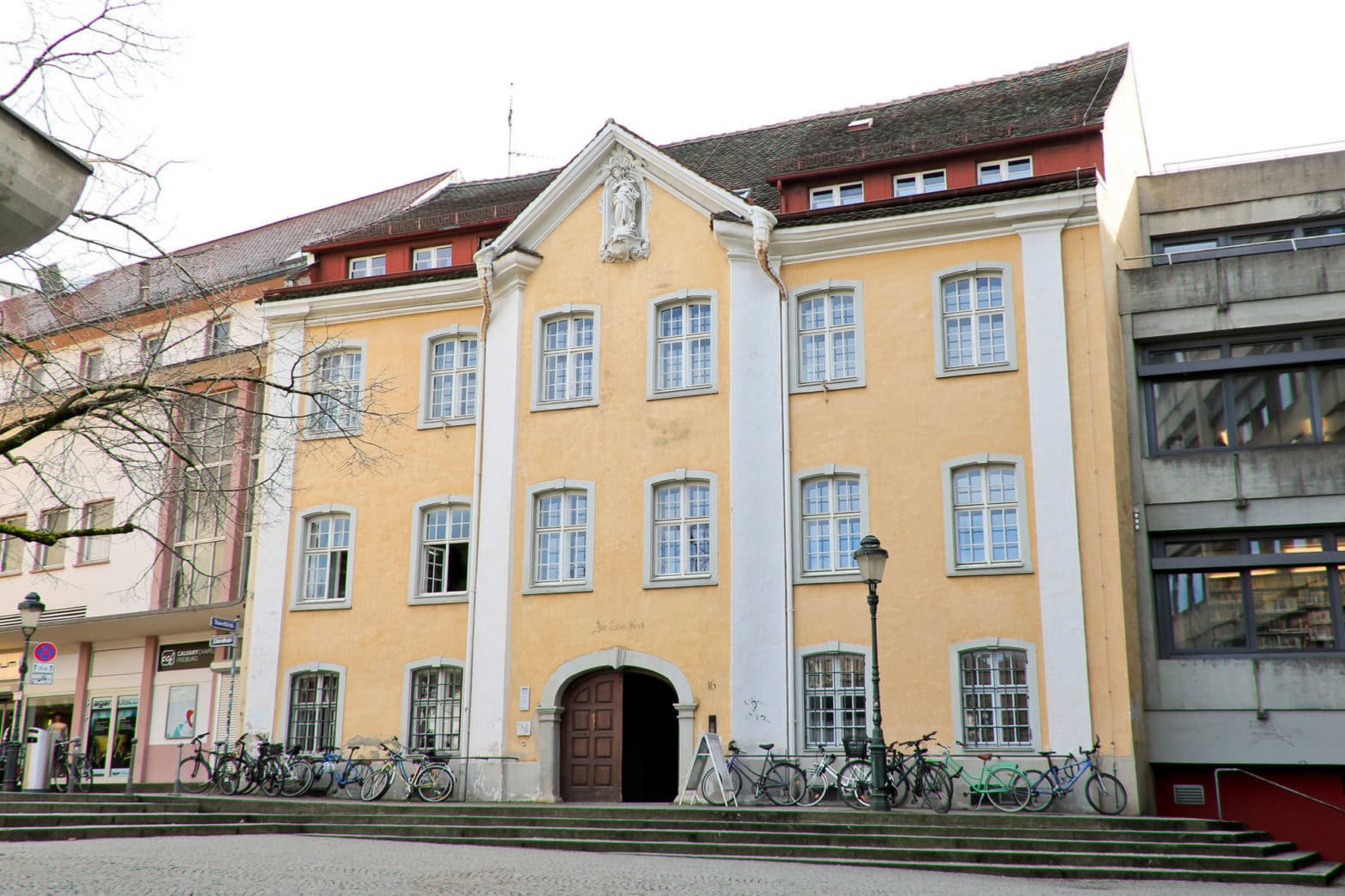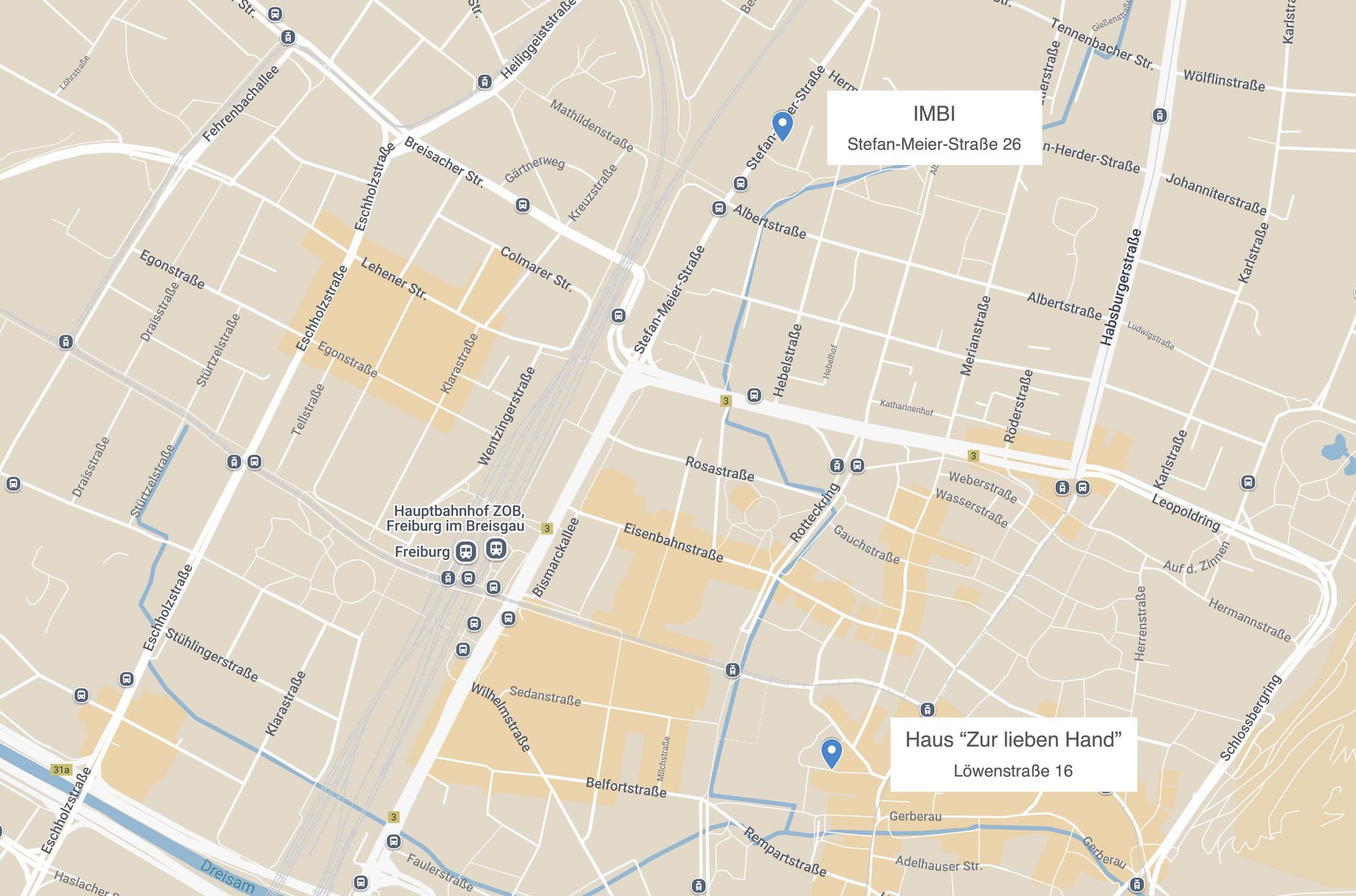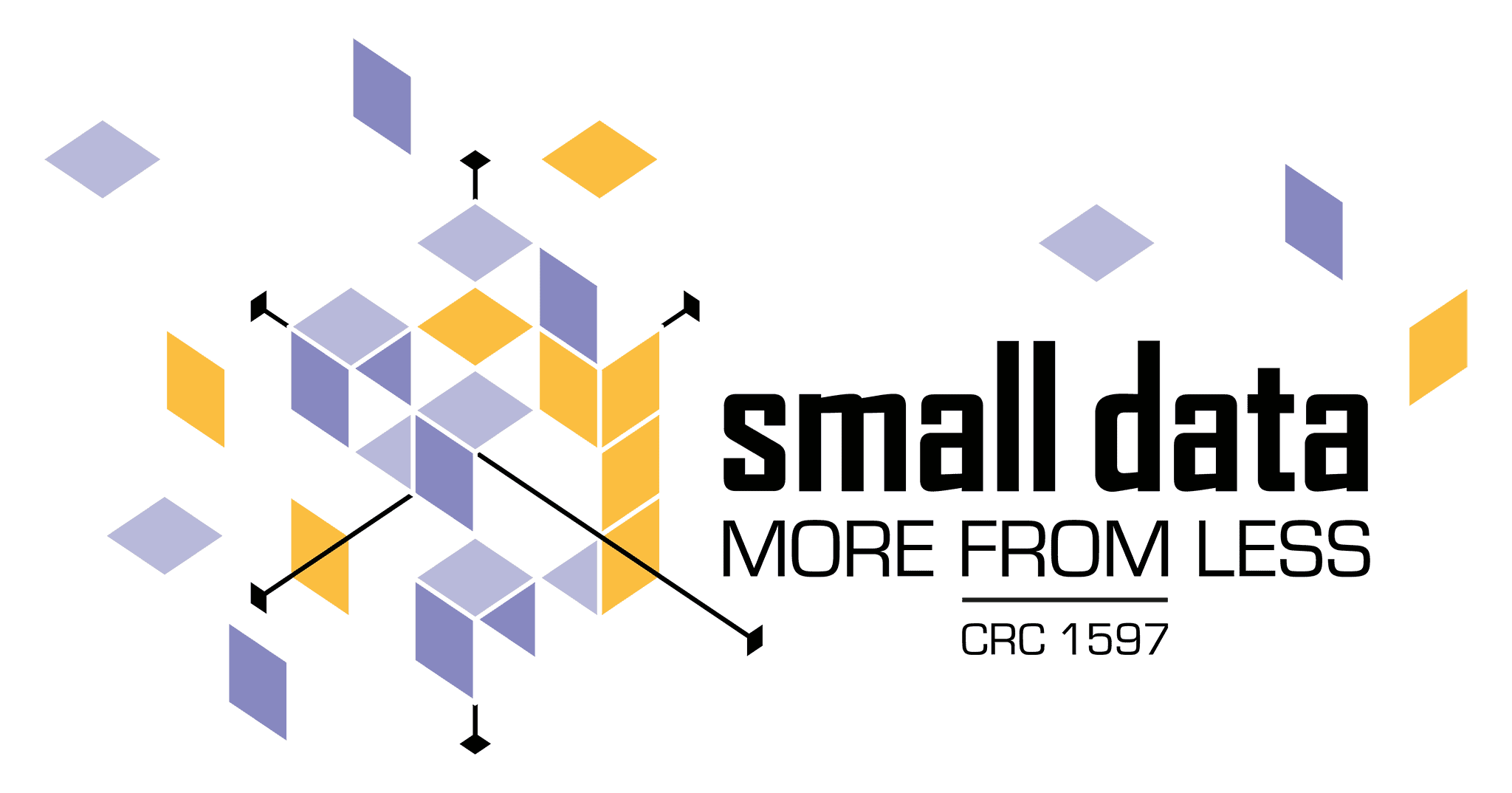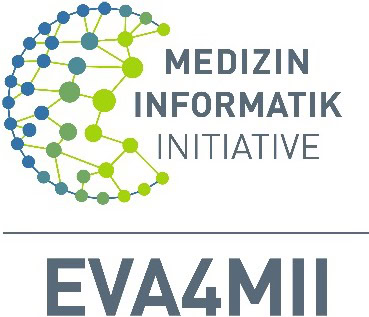This two-day workshop focuses on designing synthetic benchmark datasets, complemented by diagnostic tools, tailored to the challenges commonly encountered in clinical cohort data, with an emphasis on small data scenarios. These challenges — often present in clinical routine data — are insufficiently addressed by existing methods when there is a combination of multiple problems, leaving a gap in methodological development.
The workshop aims to:
Ultimately, the benchmark datasets and diagnostic tools will provide a foundation for methods researchers to innovate and test new approaches addressing real-world data issues.
For those who are joining on Day 2, we plan a meeting for preparation and short introduction two weeks before the workshop.
André Scherag (Jena)
Cécile Proust-Lima (Bordeaux, France)
Cristina Has (Freiburg)
Daiana Stolz (Freiburg)
Els Goetghebeur (Gent, Belgium)
Christian Keller (Freiburg)
James Carpenter (London, UK)
Martin Wolkewitz (Freiburg)
Moritz Hess (Freiburg)
Thomas Nührenberg (Freiburg)
Anne-Laure Boulesteix (Munich)
Harald Binder
Nadine Binder
Willi Sauerbrei
Michelle Pfaffenlehner
Patric Tippmann
Contact: bemb.workshop@uniklinik-freiburg.de
08:30 - 09:00
Registration
09:00 - 10:30
Invited talks: Data challenges from clinical and methodological perspectives
10:30 - 10:50
Coffee Break
10:50 - 13:00
Invited talks: Data challenges from clinical and methodological perspectives
13:00 - 14:00
Lunch Break
14:30 - 15:30
Discussion session: Interdisciplinary groups for prioritizing data challenges for a synthetic benchmark data set
15:30 - 15:50
Coffee break
15:50 - 17:30
Discussion session: Interdisciplinary groups for prioritizing data challenges for a synthetic benchmark data set
09:00 - 10:30
Split group sessions: Hands-on development of benchmark data sets based on specific biomedical settings introduced on Day 1
10:30 - 10:50
Coffee break
10:50 - 12:30
Split group sessions: Hands-on development of benchmark data sets based on specific biomedical settings introduced on Day 1
12:30 - 13:30
Lunch break
13:30 - 15:30
Split group sessions: Hands-on development of benchmark data sets based on specific biomedical settings introduced on Day 1
15:30 - 16:00
Coffee break
16:00 - 16:30
Summarizing discussion
Workshop participation is free of charge, but registration is needed because of limited space.
Registration is open until May 23, 2025.



Freiburg is accessible from several international airports.
To plan your route, please use the Deutsche Bahn or trainline websites, where possible.
If you are coming from outside Freiburg, you can take a train to the Freiburg Hauptbahnhof (main train station). Freiburg is well-connected by rail and can be accessed from major cities in Germany, such as Frankfurt, Basel and Munich, as well as neighboring countries.
To plan your route, please use the Deutsche Bahn or trainline websites, where possible.
Identify the tram stop nearest to your current location in Freiburg. You can use public transport apps or websites such as VAG Freiburg or the Deutsche Bahn to find the best tram route.
We look forward to welcoming you to our workshop in the beautiful city of Freiburg.
Planning your stay for the upcoming Workshop is crucial for a comfortable and convenient experience. We understand the importance of finding the right accommodation that suits your needs. Below, you'll find information on recommended hotels and lodging options:
The CRC 1597 Small Data is a DFG-funded Collaborative Research Center located in Freiburg, Germany, aiming to develop artificial intelligence and modeling approaches for small data settings (e.g., datasets contain limited relevant information due to a small number of observations relative to the complexity of patterns to be identified). This requires a highly interdisciplinary approach that incorporates expertise from the fields of computer science, mathematics, statistics, medicine and systems modeling, while creating a shared language between researchers from these different fields.
The STRATOS (STRengthening Analytical Thinking for Observational Studies) initiative is an international collaboration of experts aiming to improve the design and analysis of observational studies by providing accessible guidance on complex statistical issues. Specifically, the suggested wokshop topic is closely connected to the aims of the simulation panel of STRATOS.
The EVA4MII is a guidance group funded as a Module-2b project of the Medical Informatics Inititative (MII) Germany, specifically focusing on researchers who want to scientifically answer evaluative questions with the help of (MII) clinical care data. In addition, EVA4MII aims to identify obstacles and requirements faced by national institutional stakeholders in utilizing such data to generate evidence, through the organization of workshops.
PrivateAIM (Privacy-preserving Analytics in Medicine) develops a method platform for secure, decentralized analysis of medical routine data using a “code to the data” approach — data stays at medical centers, only algorithms move. The project focuses on federated AI methods and the FLAME platform to support privacy-compliant analysis within the Medical Informatics Initiative (MII). Involving 17 partners across all MII consortia, it emphasizes transparency, patient engagement, and sustainability through open source release and staged rollout.



